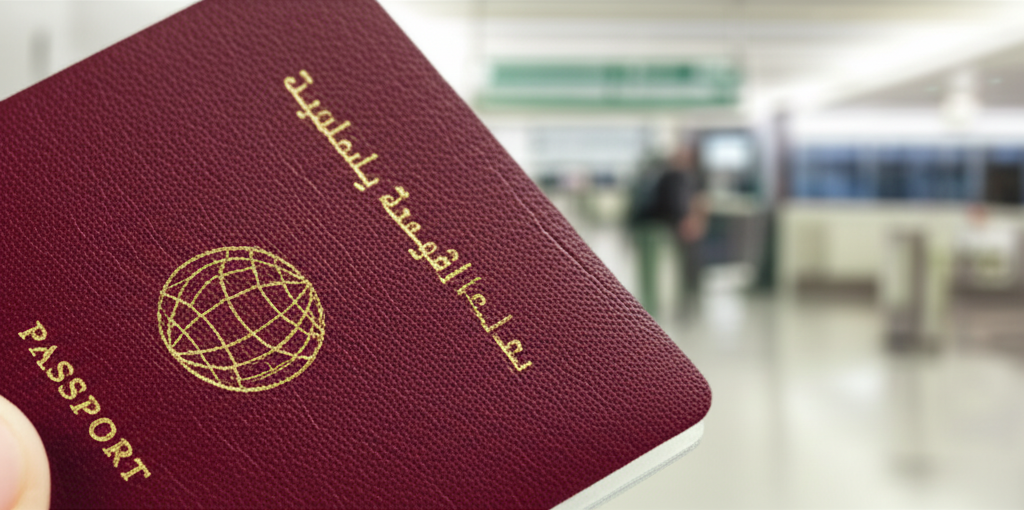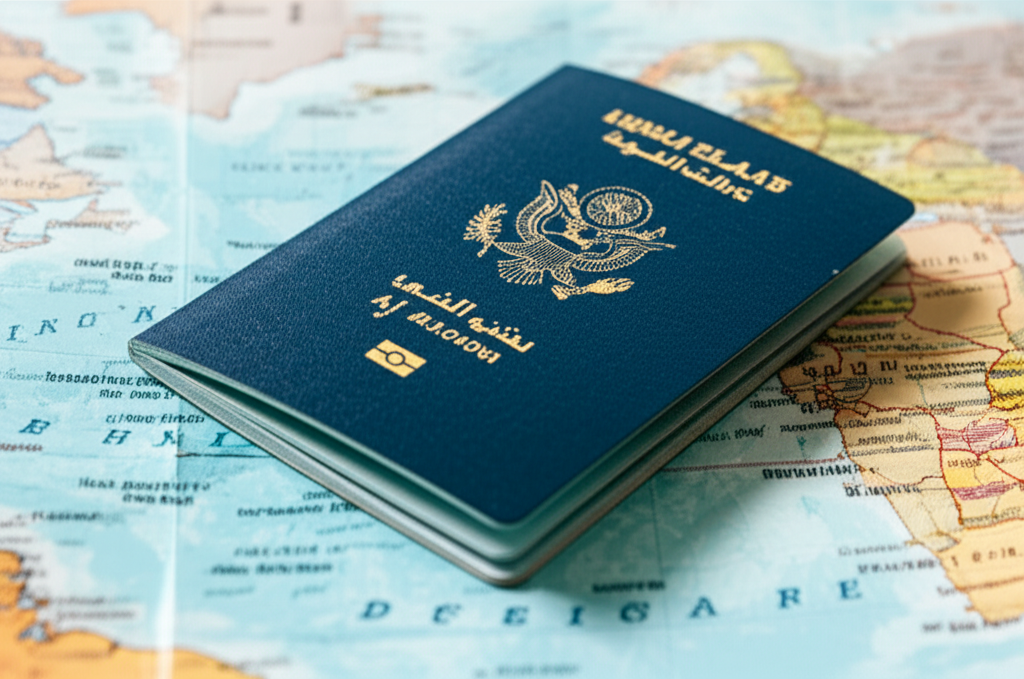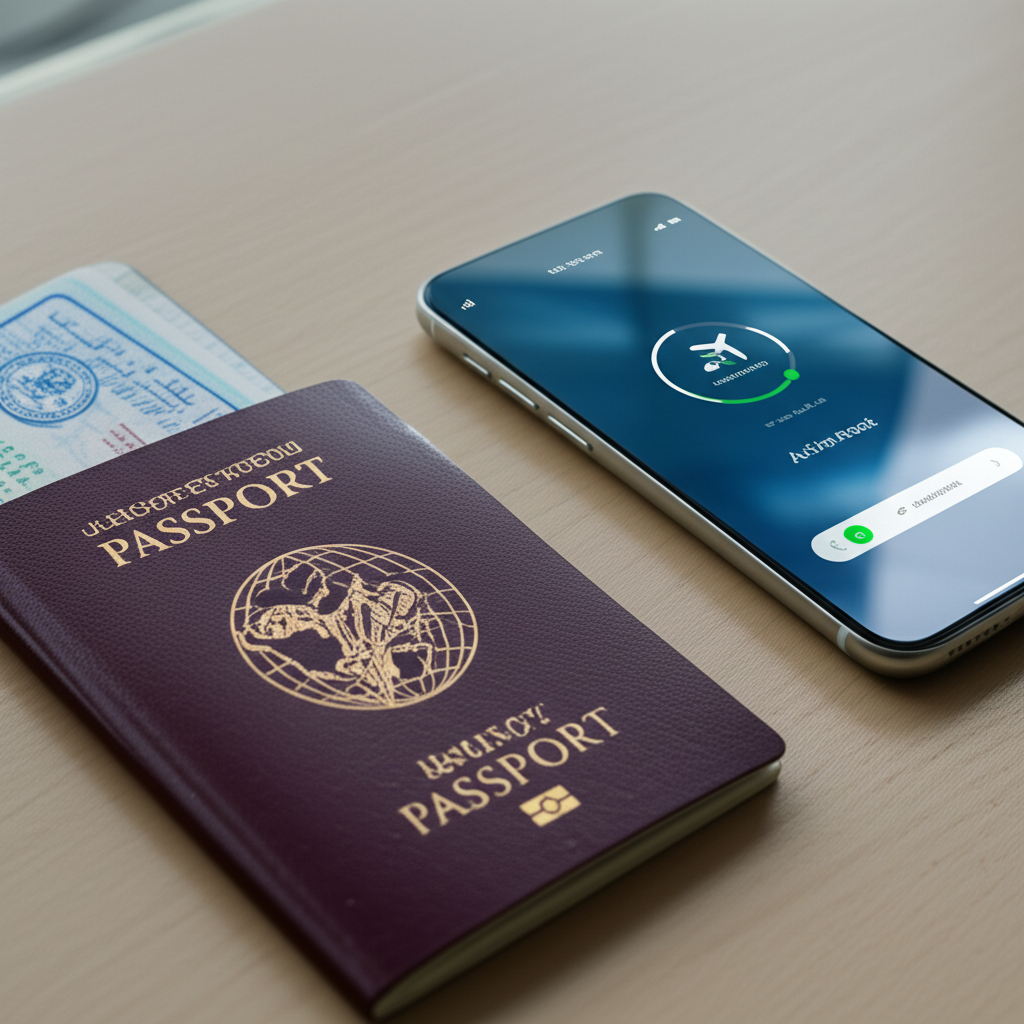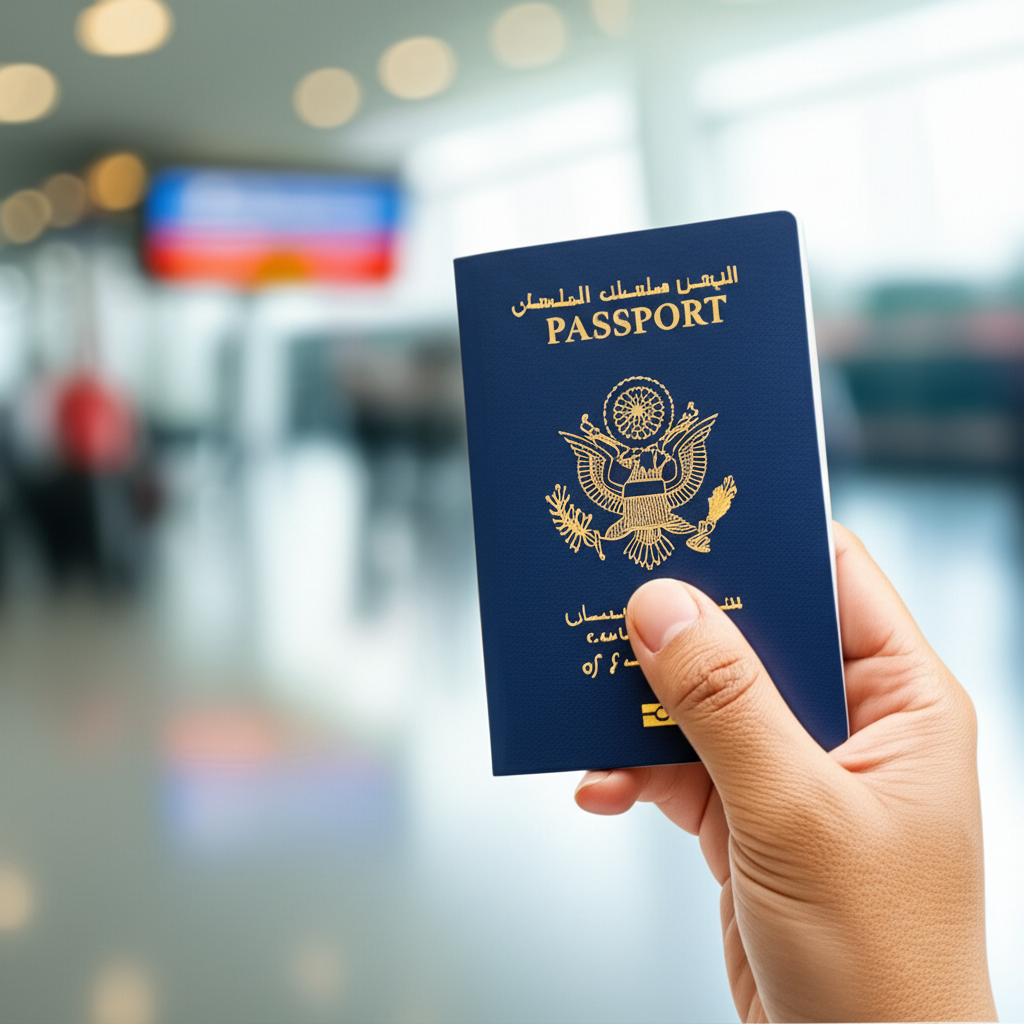Can Etisalat Put a Travel Ban? Essential Guide

No, Etisalat, as a telecommunications company, does not have the authority to place a travel ban on individuals. Travel bans are imposed by government entities or judicial systems for specific legal reasons, such as outstanding debts to the government or criminal proceedings.
Hey there! Planning your next adventure or perhaps dealing with a sudden travel concern? It’s completely understandable to feel a bit anxious when you hear whispers about travel bans, especially when they involve a company like Etisalat. Many of us rely on Etisalat for our daily communication and internet needs, so it’s natural to wonder about its reach. The good news is that telecommunication companies like Etisalat simply don’t have the power to restrict your ability to travel. Travel bans are a serious matter handled by official government bodies. In this guide, we’ll gently walk you through what a travel ban actually is, why Etisalat can’t impose one, and what legitimate reasons might lead to such a restriction. Let’s clear up any confusion and get you back to planning your travels with peace of mind!
Understanding Travel Bans: Who Has the Power?

It can be quite concerning to think about restrictions on your freedom to travel. When the topic of a “travel ban” comes up, it’s essential to understand that this is a legal measure implemented by government authorities, not by private companies. Companies like Etisalat, while integral to our lives, operate within a different framework. Their services are about communication and connectivity, not about law enforcement or border control.
Travel bans are typically associated with legal or governmental actions. They are usually put in place for specific, serious reasons that fall under the purview of the state. These reasons can range from national security concerns to legal proceedings and, in some contexts, significant financial obligations to government entities.
Think of it this way: your phone provider can’t stop you from going to the grocery store, just like Etisalat can’t stop you from boarding a plane. Their operational scope is confined to providing telecommunication services. The authority to restrict movement across borders is a sovereign power held exclusively by governments.
Why Etisalat Cannot Impose a Travel Ban

Let’s get straight to the heart of the matter: Can Etisalat put a travel ban on you? The definitive answer is no. Etisalat, like any other telecommunications provider, is a business entity. Its primary function is to offer mobile, internet, and other communication services to its customers.
Here’s a breakdown of why this is the case:
- Legal Authority: Etisalat does not possess any legal standing or authority to enforce travel restrictions. This power is reserved for governmental bodies and judicial systems.
- Scope of Business: The company’s operational mandate is limited to providing and managing telecommunication services. It does not have access to or control over immigration, customs, or border security systems.
- Jurisdiction: Travel bans are matters of national and international law. Etisalat operates within the framework of telecommunications regulations, not criminal law or immigration policy.
Imagine if every company could impose travel bans! It would lead to chaos and a complete breakdown of personal freedoms. Governments have established specific legal processes and bodies responsible for issuing and enforcing travel bans, ensuring they are applied fairly and only under strict legal conditions.
Legitimate Reasons for a Travel Ban

While Etisalat cannot place a travel ban, it’s important to be aware of the genuine reasons why a government might impose one. These are usually serious situations that require legal intervention.
Here are some common scenarios where a travel ban might be enacted by the authorities:
1. Outstanding Government Debts
This is perhaps the most common reason for travel bans in some countries, especially for individuals who owe significant amounts to government bodies. This could include:
- Tax Evasion: Failure to pay taxes can lead to a travel ban, particularly if the debt is substantial and efforts to collect have been exhausted.
- Fines and Penalties: Unpaid traffic fines, court penalties, or other government-imposed fines can sometimes accrue to a point where a travel ban is considered.
- Government Loans: In some jurisdictions, outstanding debts on government-backed loans (like student or business loans) might result in a travel ban until the debt is settled.
It’s crucial to note that these are typically implemented after extensive attempts to contact the individual and a failure to respond or make arrangements to pay. The goal is usually to compel payment rather than permanently restrict travel.
2. Criminal Proceedings and Investigations
If an individual is involved in a criminal investigation or facing charges, a travel ban can be imposed by a court to ensure their presence for legal proceedings.
- Flight Risk: A judge may order a travel ban if they believe the accused is a flight risk and might flee the country to avoid prosecution.
- Ongoing Investigations: In complex investigations, authorities might seek a travel ban to prevent a suspect from interfering with evidence or witnesses abroad.
- Sentencing: As part of a sentence, a court might prohibit an individual from leaving the country for a specified period.
3. Court Orders and Civil Judgments
Beyond criminal matters, civil court orders can also lead to travel restrictions.
- Child Support or Alimony: Significant arrears in child support or alimony payments can, in some cases, lead to a travel ban until the payments are brought up to date.
- Debt Recovery: In cases of substantial civil debt where a debtor is attempting to abscond, a court might issue a travel ban to prevent them from leaving the country.
4. National Security and Public Interest
In exceptional circumstances, governments may impose travel bans for reasons of national security or to protect the public interest.
- Terrorism Concerns: Individuals suspected of involvement in terrorist activities may be subject to travel bans.
- International Relations: In rare cases, travel bans might be used as a diplomatic tool or to prevent individuals from engaging in activities that could harm international relations.
How You Might Discover a Travel Ban
If a travel ban were legally imposed on you, you wouldn’t find out through a call or text from Etisalat. Instead, the notification would come through official channels.
Here’s how you would likely be informed:
- Official Court Order: If issued by a court, you would receive a formal court document detailing the restriction.
- Government Agency Notification: Depending on the reason, a relevant government agency (e.g., tax authority, police department) would formally notify you.
- At the Airport/Border: In situations where the ban is newly imposed or you weren’t previously aware, you might be stopped at immigration or the airport when attempting to travel. The authorities would then inform you of the restriction and its reason.
It’s important to remember that these are legal processes. If you are subject to a travel ban, there are usually avenues to address the situation, such as settling debts, fulfilling court obligations, or appealing the decision through legal means.
What to Do If You Have Concerns About Travel Restrictions
If you have genuine concerns about potential travel restrictions, whether due to financial obligations, legal matters, or any other reason, the best course of action is to proactively address them through the correct channels.
Here’s a sensible approach:
- Contact the Relevant Authority: If you believe you might owe money to a government entity, contact that specific agency directly. For example, if you’re concerned about tax debts, reach out to the tax authority. If it’s related to court fines, contact the court clerk’s office.
- Seek Legal Advice: If you are involved in legal proceedings or unsure about your legal obligations, consult with a qualified lawyer. They can provide specific advice based on your situation and help you understand any potential travel restrictions and your options.
- Review Your Financial Obligations: Ensure all your financial responsibilities are up-to-date, especially those involving government agencies or court orders.
- Check for Official Notifications: Keep an eye out for any official correspondence from government bodies or courts.
Trying to resolve any underlying issues before you plan your travel is always the wisest strategy. It saves you stress and ensures your travel plans can proceed smoothly.
Examples of Official Government Bodies Involved in Travel Bans
To further emphasize that travel bans are governmental matters, let’s look at some examples of entities that might be involved in imposing or managing them. These are not telecommunication companies!
The specific bodies can vary by country, but generally include:
- Ministries of Interior/Home Affairs: Often responsible for immigration and border control, they can impose travel bans for national security or public order reasons.
- Courts (Judiciary): Judges have the authority to issue travel bans as part of criminal or civil proceedings.
- Tax Authorities: In countries with provisions for it, tax departments can request or issue travel bans for significant tax evasion.
- Immigration Departments: These departments manage who enters and leaves the country and can enforce restrictions.
These are official government institutions with the mandate and legal power to enforce such measures. Etisalat, as a service provider, has no role in these functions.
Frequently Asked Questions (FAQ)
Q1: Can Etisalat block my SIM card if I have an outstanding bill?
Yes, Etisalat, like any service provider, can suspend or block your SIM card and services if you have unpaid bills. However, this is a service restriction limited to your Etisalat account and does not prevent you from traveling internationally.
Q2: Will my phone stop working abroad if I have an unpaid Etisalat bill?
Your phone might not work internationally for roaming if your Etisalat services are suspended due to non-payment. However, this is a service limitation, not a travel ban. You could still travel, but your Etisalat services might be inactive.
Q3: Where can I check if I have a travel ban in my country?
You would typically check with the relevant government authorities, such as the Ministry of Interior, the police, or through official court channels. Some countries have online government portals where you can check your status.
Q4: What if I try to travel and am stopped due to a travel ban?
If you are stopped at the airport or border, the authorities will inform you that a travel ban is in place and explain the reason. You will not be allowed to travel, and you will need to address the underlying issue with the issuing authority.
Q5: Can Etisalat share my personal information with government authorities that might lead to a travel ban?
Etisalat, like other companies, is obligated to comply with lawful requests for information from government authorities, especially concerning legal investigations or court orders. However, they do not initiate or impose travel bans themselves.
Q6: I owe a small amount to Etisalat. Will this affect my travel?
A small outstanding bill with Etisalat will not cause a travel ban. It might lead to suspension of your Etisalat services, but it has no bearing on your ability to cross international borders. Travel bans are related to government or court mandates.
Conclusion
Navigating information about travel can sometimes feel complex, and it’s wise to seek clarity on any concerns you might have. We hope this guide has thoroughly reassured you that Etisalat, a telecommunications provider, simply does not have the authority to place a travel ban on anyone. Travel bans are serious legal restrictions that are exclusively within the domain of government bodies and judicial systems, implemented for specific, legally defined reasons.
If you ever find yourself worried about travel restrictions, remember to focus on official channels and legitimate reasons. Addressing any outstanding government debts or legal obligations proactively is the key to ensuring your travel plans remain unimpeded. Stay informed, stay proactive, and travel with confidence!
